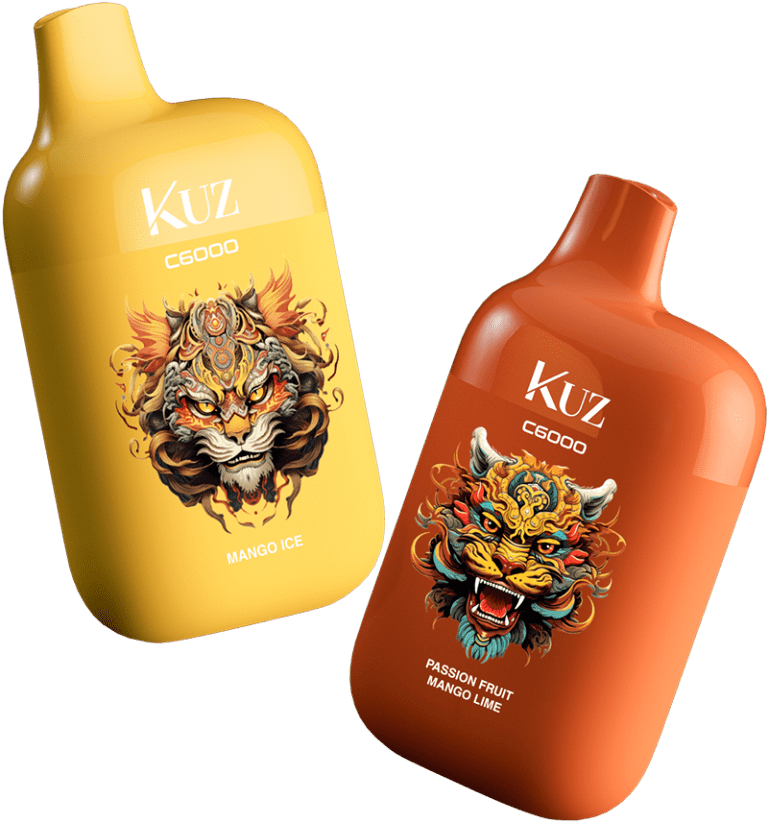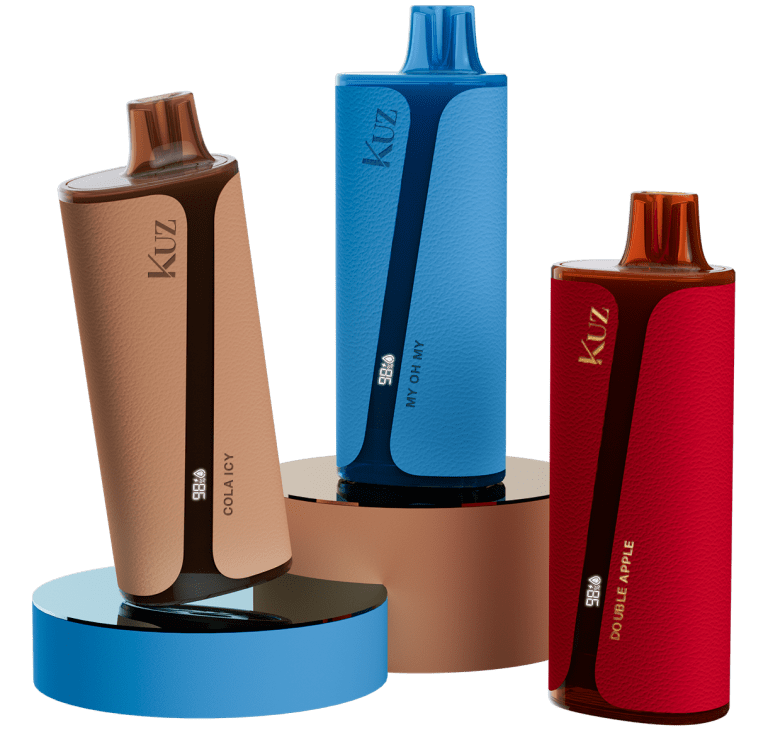Vaping has been widely discussed for its effects on lung health, cardiovascular systems, and addiction potential, but a less talked about subject is its impact on skin health. If you’re a vaper, you may have wondered, “Does vaping make you less tan?” The answer lies in how vaping affects blood circulation, skin hydration, and overall skin health, all of which contribute to tanning and complexion.
How Vaping Affects Skin Health
When it comes to skin health, vaping isn’t as harmless as some believe. Studies have shown that vaping can reduce blood circulation, which may deprive your skin of essential oxygen and nutrients. As nicotine constricts blood vessels, it hampers the delivery of oxygen-rich blood to the skin. This decreased blood flow can cause a loss of skin elasticity, leading to a duller complexion and potentially less tanning ability.
The chemicals in e-cigarettes, such as nicotine and volatile organic compounds (VOCs), play a major role in damaging the skin. Nicotine causes vasoconstriction, narrowing blood vessels and affecting the skin’s ability to recover from sun exposure. Reduced circulation also impairs the body’s ability to produce melanin, the pigment responsible for tanning, potentially leaving you paler or making it more difficult for you to tan effectively.
Dehydration and Premature Aging
Another significant factor to consider is dehydration. Vaping tends to dry out your skin by reducing hydration levels, as e-liquids can pull moisture away from your skin. Hydrated skin is essential for maintaining a healthy glow and tan. With dehydration, your skin may appear more dull, which can give the impression that you are less tan than usual.
Furthermore, vaping accelerates the aging process by causing oxidative stress. Studies suggest that the free radicals produced by vaping can lead to wrinkles, sagging skin, and premature aging. Over time, these factors contribute to a less youthful appearance, which may impact how your tan looks and how long it lasts.
Nicotine and Melanin Production
Melanin is the pigment in your skin responsible for your tan, and its production is closely linked to how healthy your skin is. Nicotine disrupts the skin’s normal melanin production, reducing the amount of pigment your skin produces. This can result in a patchy or uneven tan, or make it more difficult to tan in the first place. While more research is needed, early studies indicate that excessive nicotine consumption can alter melanin levels, making it challenging to achieve the desired sun-kissed glow.
What Vapers Can Do to Protect Their Skin
If you vape and are concerned about the potential impact on your tan and skin health, there are some steps you can take to mitigate the effects. First, prioritize skin hydration by drinking plenty of water and using moisturizing products designed to replenish skin moisture. Consider using a broad-spectrum sunscreen to protect your skin from UV damage, as vaping can make your skin more susceptible to sunburn and dehydration.
Limiting nicotine consumption can also improve your skin health. Switching to nicotine-free e-liquids or gradually reducing nicotine levels can help restore blood circulation and improve your skin’s ability to tan and recover after sun exposure.
Finally, maintaining a healthy skincare routine that includes antioxidants like vitamin C can combat oxidative stress caused by vaping. Antioxidants help neutralize the free radicals that damage skin cells, allowing your skin to maintain its elasticity, radiance, and ability to tan evenly.
Conclusion
While vaping may not directly stop you from tanning, it does have a range of effects on skin health that could make it harder for your skin to tan naturally. By reducing blood circulation, causing dehydration, and interfering with melanin production, vaping can dull your complexion and make your tan less noticeable. For vapers who value their skin health and appearance, focusing on hydration, reducing nicotine intake, and following a proper skincare routine can help preserve your skin’s radiance.



